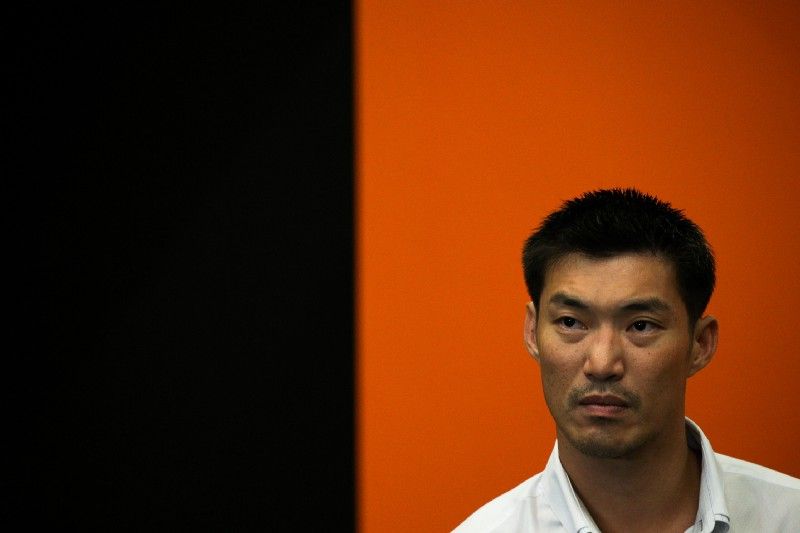In a country plagued with 19 military coups or coup attempts in 86 years, it helps to have the army on your side. That’s why it’s remarkable that Thanathorn Juangroongruangkit is making a name for himself.
The latest coup came in 2014. Since then, General Prayuth Chan-ocha has been in charge. At first, the chaos of civilian government in a bitterly divided country made the military takeover popular with some, but army rule, and the repression needed to sustain it, have since worn thin. After several broken promises, Prayuth now says elections will be held next year. The military junta says it will allow new political parties to form — but not to campaign.Enter Mr. Thanathorn, a charismatic young billionaire with no history in politics. The army is still throwing dissidents and activists in jail, and Thanathorn told The Guardian this week he will “champion the reduction of the military power in Thai politics.” He knows he risks imprisonment. He says he has received death threats. His party, called “Future Forward,” has attracted enough attention that the army has pressed the country’s electoral commission to shut it down.
Thanathorn may well end up behind bars. His party might be banned. Even if there’s an election, and even if he’s allowed to run, he’ll struggle to win many votes outside the big cities, particularly in the north. But the buzz around his candidacy suggests there’s growing demand for something new in Thailand’s frozen politics.
